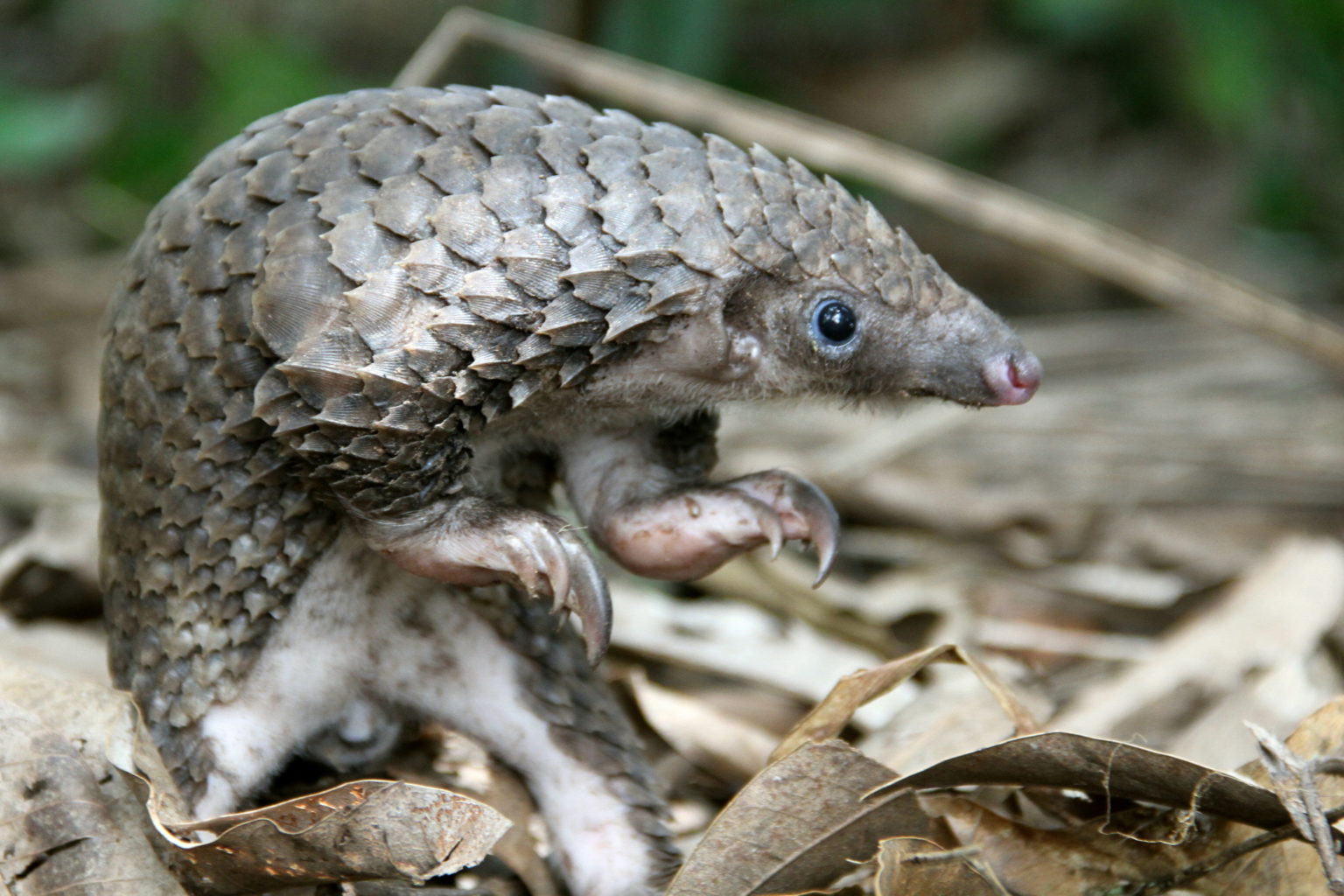
Pangolins are the most trafficked mammals in the world and have been classified since 2014 as threatened with extinction on the IUCN Red List of Threatened Species. In recognition of their dire conservation status, all eight species were reclassified under CITES Appendix I, granting them the highest level of international protection. Despite these efforts, pangolins in Uganda continue to face intense poaching pressure and illegal trade, largely driven by demand in Asian markets—particularly China and Vietnam—where their meat is considered a delicacy and their scales are used in traditional medicine. Seizures of African pangolin scales in global transit hubs, such as Hong Kong, have confirmed Uganda’s role as part of the wider trafficking network.
This policy brief draws from research assessing community awareness, traditional beliefs, and attitudes toward pangolins in Uganda. Findings reveal that while pangolins hold strong cultural significance in certain regions—most notably in central Uganda where the Lugave (pangolin) clan of the Baganda people venerates the species as a sacred totem and symbol of respect—there are virtually no active conservation or awareness initiatives in the region. Elsewhere, traditional beliefs continue to shape local interactions with pangolins, ranging from reverence and protection to exploitation for ritual and medicinal use. With habitat loss and weak data on pangolin populations and trafficking routes compounding these threats, urgent policy action is needed to bridge cultural values with modern conservation strategies, enhance community engagement, and strengthen enforcement capacity.
By Joe. J Kasumba.